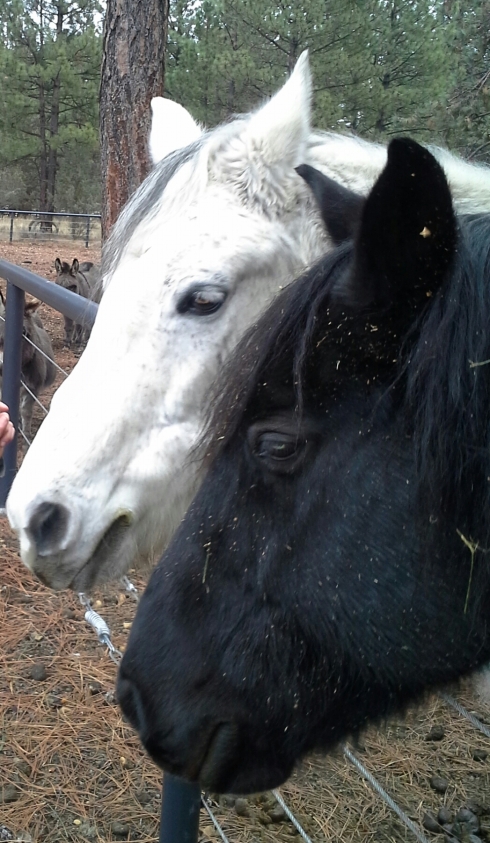In which Carrie goes back to college . . . .
This itch. Once at the height of my intellectual stamina. The time when the person starved of morality sees the world through literature, and begins, anew, on a quest for purpose.
Zadie Smith will save me.
Memories of dead philosophy professors, still living and some actually deceased. Byron, vanilla-flavored pipe at the lips. Simple-minded me telling you I will take a trip to Bhutan where they believe in Gross National Happiness. You said, Professor, with a keen moral philosopher’s mind, are you sure it follows from the social structures availible? Me, in my naivete, thinking surely this other culture has it figured out, why wouldn’t I believe this catchy abandonment of Gross National Product.
Fast forward to the decision of a profession. The requisite undergrad initiation into literature proper. E.M. Forster’s Howard’s End. Followed by On Beauty. Modern British Authors or something number 400 level course for English majors. An inspired body reaction stemming from a mind well-used in the recognition that symmetry is possible and two books side by side will yield the same message: social injustice. Amazing to behold, one in each hand.
“One may as well begin with letters and emails sent between characters . . .” start Forster and Smith, signaling the conflict which invariably arise from relations with others. Zadie says I will tell a modern day version of a brilliant commentary on upper class warfare on the less fortunate. Forster, one in a setting favoring the genteel persons who are obliged to pretend concern for the state of the world.
“He [Leonard Bast] was not in the abyss, but he could see it, and at times people whom he knew had dropped in, and counted no more. He knew that he was poor, and would have died sooner than confess any inferiority to the rich … But he was inferior to most rich people, there is not the least doubt of it. He was not as courteous as the average rich man, nor as intelligent, nor as healthy, nor as lovable. His mind and his body had been alike underfed, because he was poor …” (Chapter 6, HE)

Bast is on his way home from a concert where the classes mixed, and where he almost lost his precious umbrella to Helen, a stranger-to-him, of the upper classes. He then goes home to his stuffy flat, umbrella retrieved, which he shares with a desperate woman who won’t understand his dreams, and cracks open his copy of Ruskin’s Stones of Venice. He reads it slowly and with the performance of one separate from those who take Literature and Art for granted, struggling to understand it and integrate it somehow into his relations with people he wishes to rise above.

Smith, post-Modern British author, writes a similar scene centering on a middle to upper class, mixed race family. They too have been to a concert, a free one featuring Mozart’s Requiem. A mix-up occurs between the proprietership of similar discmans (not umbrellas): one belonging to Zora, the daughter in love with those in her father’s collegiate cohort yet able to mix with those in the hood, and a Leonard Bast look-a-like (except, in Beauty, a six foot something black man) named Carl. Carl wishes to improve his mind through free concerts and lectures and poetry performances, and thereby his standing in the world of Art and Literature.
“‘You at college or . . .?’
“‘Nah . . . I’m not an educated brother, although . . . ‘ He had a theatrical, old-fashioned way of speaking which involved his long, pretty fingers turning in circles in the air. His whole manner reminded Levi of his grandfather on his mother’s side and his tendency to speechify, as Kiki called it. ‘I guess you could say I hit my own books in my own way.‘” (Chapter 7, OB)
Like in 2007 when I first studied the British Moderns, I felt a sympathy for these characters, the poor wishing to improve themselves. These who valued something which they were excluded from by birth, yet craving it for its intrinsic nourishment commanded by the elite. I, too, felt this craving to shed the skin of a confused past where I never learned to properly write or appreciate beauty in the way of scholars, and gain it through higher learning.
And so I return. To the past of my betterment and the post-modern exploration of the same material. I now read these two novels in tandem – an exciting rejuvenation of a self slightly successful – and study the possibility of developing my own Art and Beauty.

